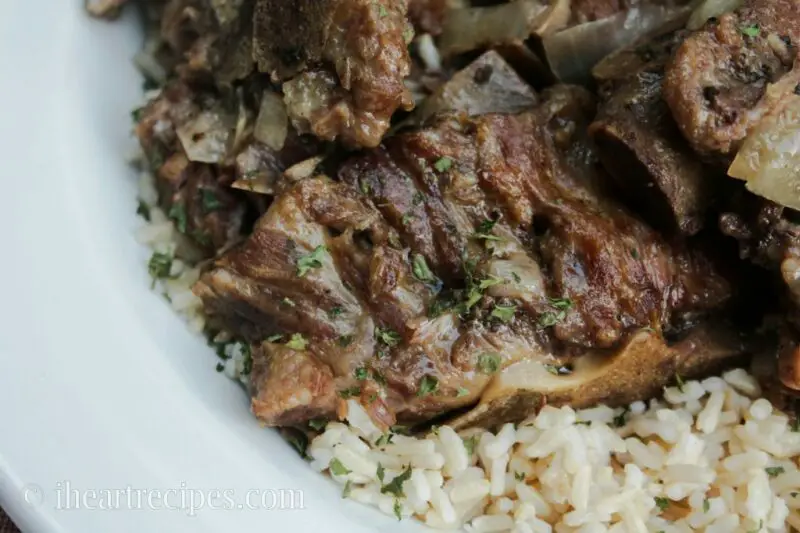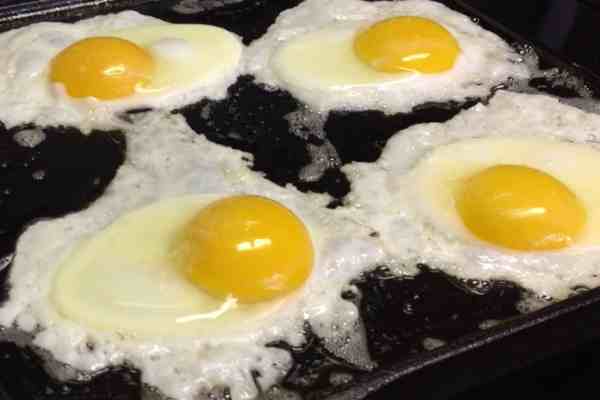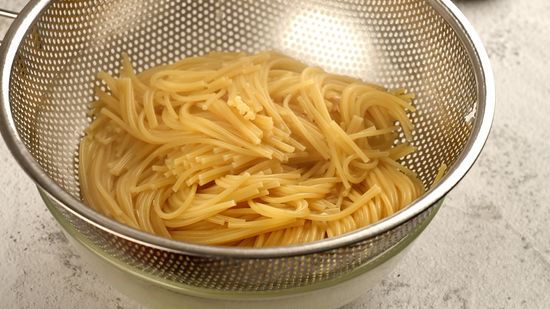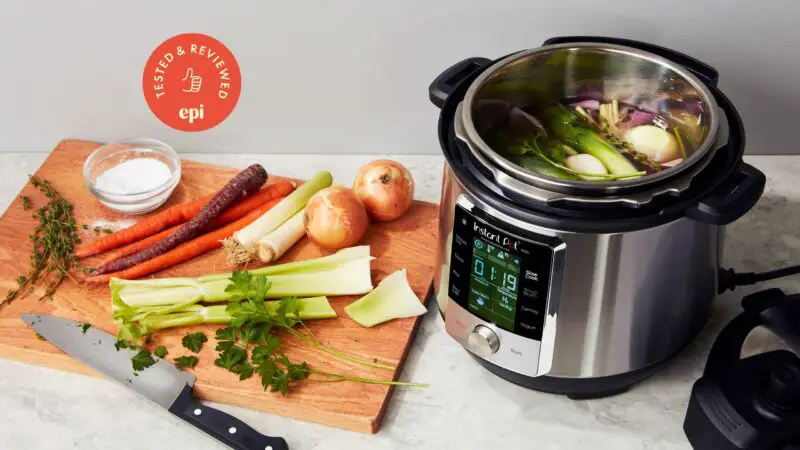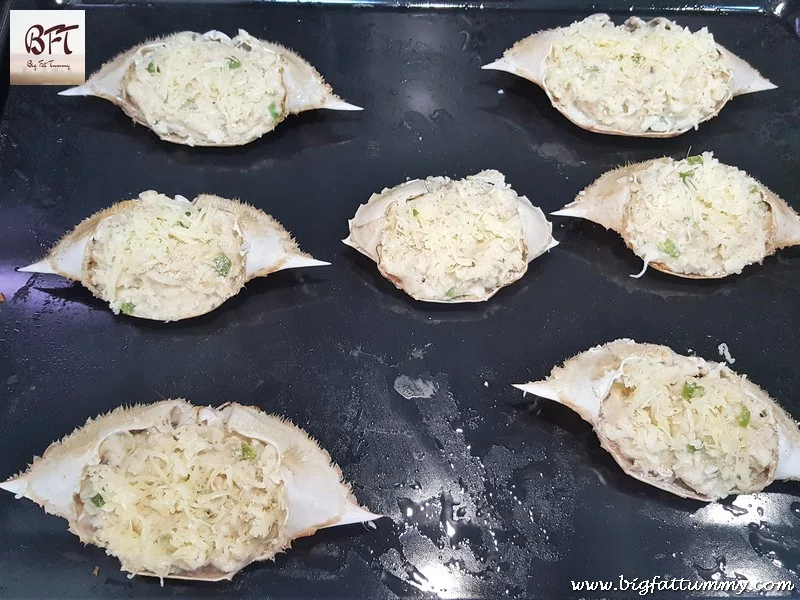Can I Reheat Cooked Carrots?
Introduction
Cooked carrots are one of the most versatile and delicious vegetables that you can add to your meals. They are easy to prepare, full of nutrients, and can be served in various forms, such as roasted, mashed, boiled or sautéed. Like any other leftover food, it is crucial to handle cooked carrots carefully when reheating them. So, can you reheat cooked carrots? Let’s discuss this topic in more detail.
Understanding Cooked Carrots
Cooked carrots refer to any form of carrots that have undergone heat treatment. They can be cooked by boiling, steaming, roasting, or sauteing them in a pan or oven. Cooked carrots are nutritious with vitamins A, C, K, and fiber. Furthermore, cooking carrots helps breaks down their tough cellular structure and makes them chewy and easier to digest. While it is true that some nutrients may get lost during cooking due to the heat exposure time and methods used for cooking like boiling methods where loss of soluble vitamins can occur through leaching in water.
How to cook Carrots?
There are different ways to prepare cooked carrots, depending on your preferences or the cooking technique you’d like to use:
- You can steam sliced or diced Carrots in a steamer basket on top of a pot containing water.
- You can roast them with olive oil or butter in the oven until they become golden brown,
- You can boil them until they become soft;
- You can sauté them by adding them into a hot skillet or wok with other ingredients like garlic or onions.
Nutritional Value of Cooked Carrots
Carrots are loaded with essential nutrients that are beneficial for various body functions. Cooked carrots are rich in vitamins, fiber, and minerals like potassium. They contain beta carotene, an antioxidant that helps reduce the risk of cancer, heart diseases, and maintains healthy skin and vision. While cooking can result in some nutrient loss, the process also allows our bodies to better absorb nutrients such as lycopene and beta-carotene since their cell walls have been broken down.
Effect of Reheating on Nutritional Value
Reheating cooked carrots does affect the nutritional value of the vegetable. Depending on the method used and how long it is reheated, carrots may lose more nutrients than they do during cooking. For example, reheating carrots in a microwave causes some loss of vitamin C but not much loss of other vitamins. As far as antioxidants are concerned reheating cruciferous vegetables can cause a loss of glucosinolates which are responsible for their cancer-fighting abilities.
Safe Temperatures for Reheating Cooked Carrots
Safe reheating is essential when it comes to enjoying your favorite cooked carrots without risk of food poisoning. The USDA recommends heating all cooked food to an internal temperature of 165°F (74°C) within two hours after initial cooking. Bacteria can grow rapidly in warm conditions; consuming undercooked or improperly reheated foods can cause an infection leading to illnesses like listeria or salmonella.
Importance of Temperature Control When Reheating Food
Maintaining food temperatures above 140°F (60°C) inhibits bacterial growth and makes it safe to eat. You must use a thermometer to check the temperature while reheating food to ensure that the dish has reached safe minimum temperatures to kill harmful bacteria.
Recommended Safe Internal Temperature for Cooked Carrots
The safe internal temperature at which cooked carrots should be reheated is 165°F (74°C). However, you need to avoid overcooking the food as this can cause loss of nutrients and reduce flavor. Also, leftover food that has been sitting uneaten in room temperature or left in the fridge for too long should not be reheated.
Factors That Influence the Time and Temperature Needed for Reheating Cooked Carrots
The time and temperature required to reheat cooked carrots mainly depend on the cooking method used, quantity and size of carrots being reheated. Dense foods like carrots need more time to reach safe temperatures than light foods like soups or mashed potatoes. If reheating large quantities of carrots, it may take longer to reach the optimal temperature during reheating; it’s essential to check internal temperatures regularly using a thermometer.
Techniques for Reheating Cooked Carrots
There are several methods that you can use when reheating cooked carrots. These include:
Methods for Reheating Cooked Carrots (Stovetop, Microwave, Oven)
- Stovetop: add a small amount of water or butter and cook over medium heat until heated through.
- Microwave: place the cooked carrots in a microwave-safe dish, adding a small amount of water and cover with a lid, microwave for 1 – 2 minutes until heated through.
- Oven: this method is great for reheating roasted carrots or diced vegetables. Place on a baking sheet with olive oil and bake at 350 degrees Fahrenheit for 10 minutes.
Advantages and Disadvantages of Each Method
When choosing which method to use based on your preferred heating technique, consider these advantages and disadvantages:
Stovetop: It is fast and efficient, but it can cause the carrots to be soggy if too much water is added.
Microwave: It is quick and the most accessible method, but the carrots can become dry and lose some of their texture.
Oven: This method retains the flavor and texture the best but takes longer than both other methods, especially if dealing with a large quantity of carrots.
Tips to Prevent Overcooking or Drying Out When Reheating
Overcooking roasted or sautéed carrots will cause them to be dry or crumbly. To avoid this, add a drizzle of olive oil to keep them moist and retain their natural flavors. Also, do not overheat since this will result in loss of nutrients as well as change the color.
How Long Can You Keep Reheated Cooked Carrots?
Reheated cooked carrots should be consumed within two hours of completing reheating or kept refrigerated at or below 40°F (4°C) to maintain freshness. After that time, you should discard them to avoid food poisoning.
Risks and Dangers When Reheating Cooked Carrots
The biggest risk when reheating cooked carrots is bacterial contamination. Bacteria such as salmonella which can cause food poisoning may grow rapidly in poorly stored or improperly heated food. Therefore, proper handling and temperature control are crucial in reducing these risks. Additionally, handling leftover food requires care; signs such as mold growth or an off smell indicate spoilage and require immediate disposal.
Bacterial Contamination in Cooked Carrots
Inadequate temperature control leads to bacterial contamination of leftover food. The most common bacteria associated with cooked foods are Staphylococcus aureus, Listeria monocytogenes, and Salmonella Enteritidis which causes stomach problems, fever and diarrhea. To reduce the crossover and cross-contamination from bacteria, it’s important to clean hands, utensils and surfaces before and after handling cooked vegetables, including carrots.
Risks Linked with Improper Handling or Storing of Cooked Carrots
Poor storage leads to bacteria growth; thus, contamination of leftover foods can occur if left at room temperature. Cooked carrots should not be kept out for more than two hours to avoid these risks. Also, open containers that do not form an airtight seal will allow air to enter, causing contamination.
Risk Factors Associated with Consumed Reheated Food
Reheating cooked carrots may possess health risks such as the possibility of dehydration or constipation depending on one’s sensitivity to the vegetable. Carbonization of food in some cases leads to the formation of acrylamide, which is toxic if consumed in large amounts. Others may contain harmful additives such as preservatives that can harm people with allergies.
Benefits of Reheating Cooked Carrots
The benefits associated with reheating cooked carrots include:
Time-Saving Benefits of Meal Preparation via Reheating
Reheating precooked food is one way of reducing meal preparation time which provides caregivers with much needed free time for relaxation or other errands.
The Role of Oven Versus Microwave in Preserving Texture and Taste.
While ovens take longer in reheating cooked carrots than a microwave, they are great at maintaining texture and flavor while reheating. The higher heat distribution helps preserve the moisture content and improve flavors.
Simplifying Meal Preparation Using Frozen Vegetables.
Frozen vegetables are one way that people use to simplify meal preparations. Frozen carrots are less likely to lose nutrients since they are frozen immediately after being harvested. Furthermore, they can last for months in the freezer, saving time and costs.
Best Practices for Reheating Cooked Carrots
When reheating cooked carrots, consider these best practices:
Factors to Consider Before Reheating Carrots
Ensure proper storage and prevent contamination of leftover veggies. Also, discard any food that has an unusual smell or texture.
Techniques for Storage and Temperature Control
When storing cooked vegetables like carrots, it is advisable to wrap them tightly with a plastic wrap inside an air-tight container. This helps retain its taste and smell. However never allow the food to sit at room temperature for more than two hours as it may cause growth of harmful bacteria.
Ensuring Food Safety During Preparation and Consumption.
Always be cautious when preparing it while observing food safety practices. Lastly only consume the cooked carrot products that can be consumed within three days.
Food Pairing Recommendations with Reheated Cooked Carrots
Cooked carrots can be paired with other foods such as proteins, grains or a meal filled with fiber. They work well with roasted chicken or turkey breasts, spinach salad, baked sweet potatoes or green beans as summer dishes and stir-fried tofu with quinoa during the winter season.
Reasons Not to Serve Reheated Cooked Carrots
If something is off with the leftover cooked carrot in terms of texture changes or odor, it should not be served after reheating since it might lead to food poisoning or other ailments. Mold growth on stored cooked carrots indicates fermentation, discoloration of the vegetable signifies spoilage and finally sliminess shows possible contamination which means those leftovers should not be reheated nor consumed.
Conclusion
Reheating cooked carrots is a safe process as long as precautions are taken. By following the right techniques, you can restore cooked carrots to their delicious original form effectively. Remember always reheating in portions and discarding any leftovers after three days to avoid illnesses. Follow the guidelines to ensure food safety when reheating cooked carrots as they will allow for a healthy and tasty meal.
Can reheating cooked carrots make them dangerous to eat?
No, reheating cooked carrots does not make them dangerous to eat. In fact, many foods are safe to reheat as long as they are properly stored and reheated to the appropriate temperature.
How should I store cooked carrots if I plan to reheat them later?
Cooked carrots should be stored in an airtight container in the refrigerator for up to three days. If you plan to reheat them, make sure to heat them thoroughly until they are hot throughout.
What is the best way to reheat cooked carrots?
The best way to reheat cooked carrots is by steaming or microwaving them. To steam, place the carrots in a steam basket over boiling water for 3-5 minutes. To microwave, place the carrots in a microwave-safe dish with a splash of water and cover with a lid or plastic wrap. Microwave on high for 1-2 minutes or until heated thoroughly.
Will reheating cooked carrots affect their nutritional value?
Reheating cooked carrots may result in some loss of nutrients, but it is unlikely to have a significant impact on their overall nutritional value. To minimize nutrient loss, avoid overcooking the carrots in the first place and choose gentle reheating methods like steaming or microwaving.

